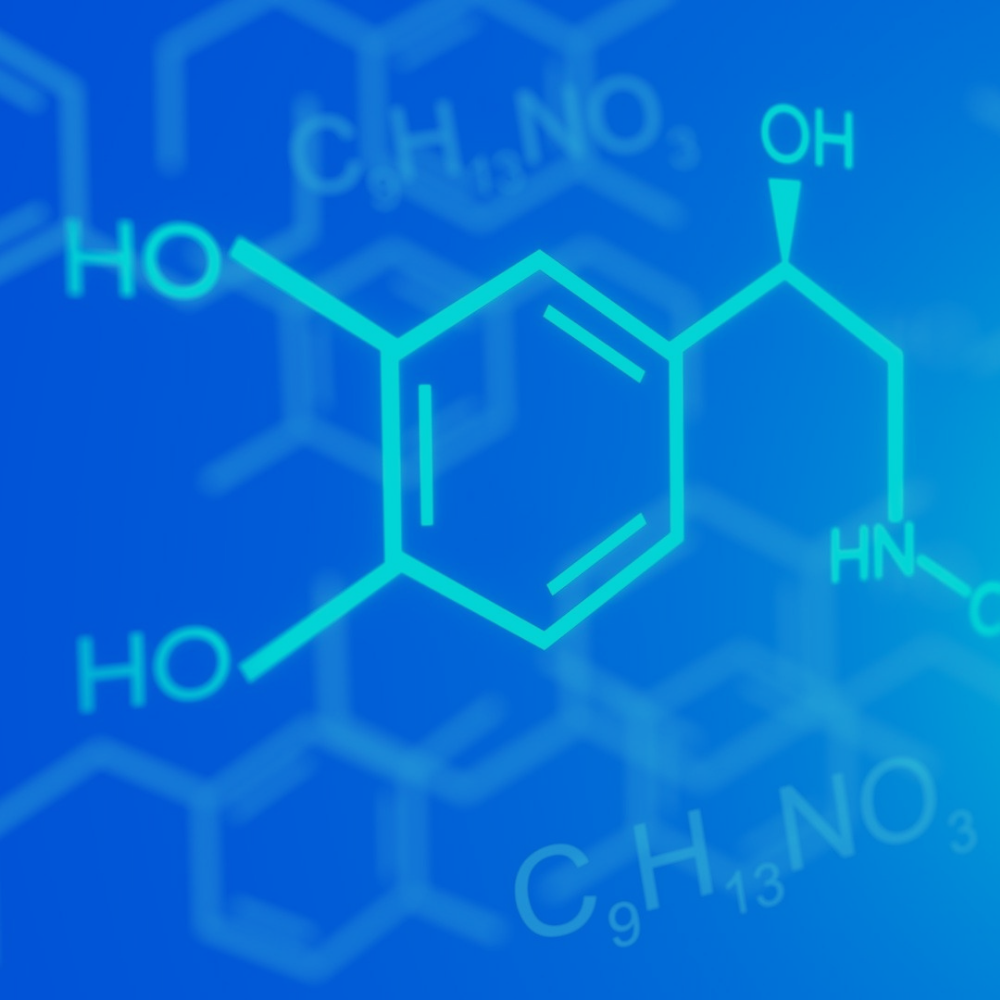

Rino Rakhmata Mukti
Porous materials such as zeolites, mesoporous silicas, metal-organic frameworks (MOFs), zeolitic imidazolate frameworks (ZIFs) and novel nanomaterials are class of largely inorganic materials that have framework structures with pores and cavities on meso-, micro- and nanometer scales. Their catalytic activity and specific porosity lead to numerous applications in industry. They are also used in agriculture for nitrogen fixing in soil, and domestically in production of washing powders. More recently, there has been much research into the use of porous materials in medicine for drug delivery, for hydrogen storage and for CO2 sequestration. This breadth of applications reinforce the diversity of the properties and functions of these porous materials, and highlight the importance of the further investigation if we are to use them more effectively in the future. The future energy economy will require “greener†catalysts for new processes such as the efficient production of sustainable biofuels. In this proposal, we are developing several strategies for preparing important industrial zeolite catalysts (MFI and CHA) with green chemistry pathways (1) the exclusion of organic structure-directing agent, (2) the use of sustainable natural substances as zeolite synthesis precursors, (3) consuming low temperature and low pressure under simple apparatus, (4) post-milling treatment and recrystallization in order to obtain nanozeolite without the involvement of harmful organic compounds and (5) generalized all those 1 to 4 approaches for synthesizing zeolite frameworks in an optimized results.